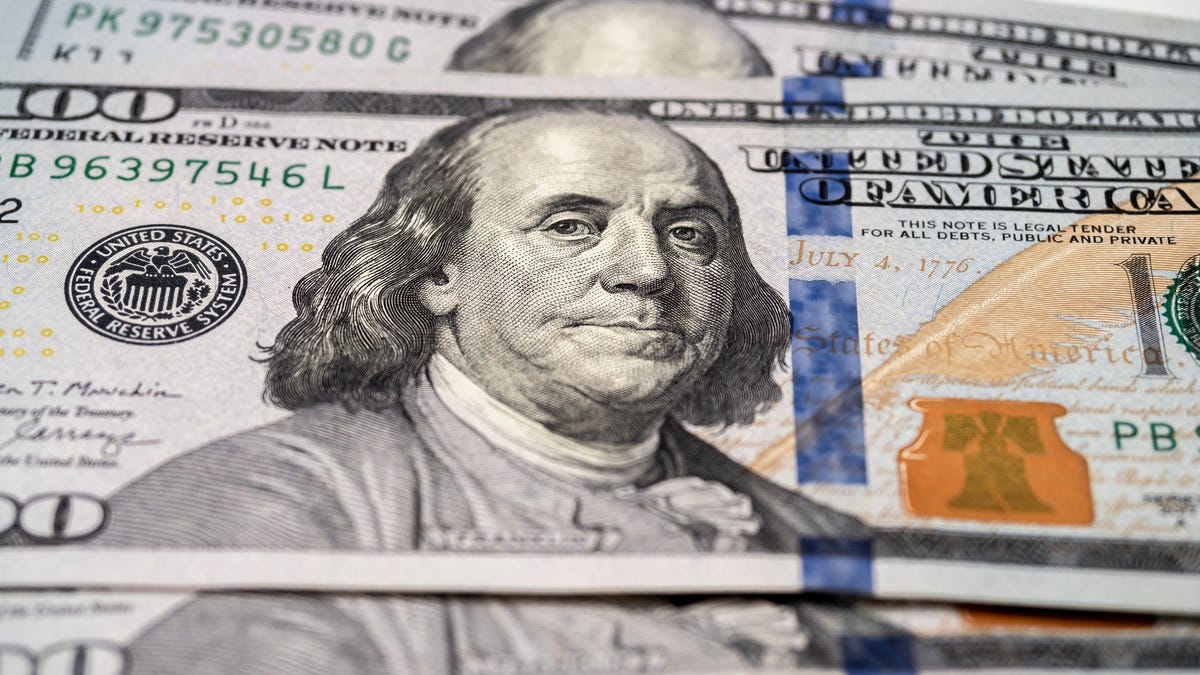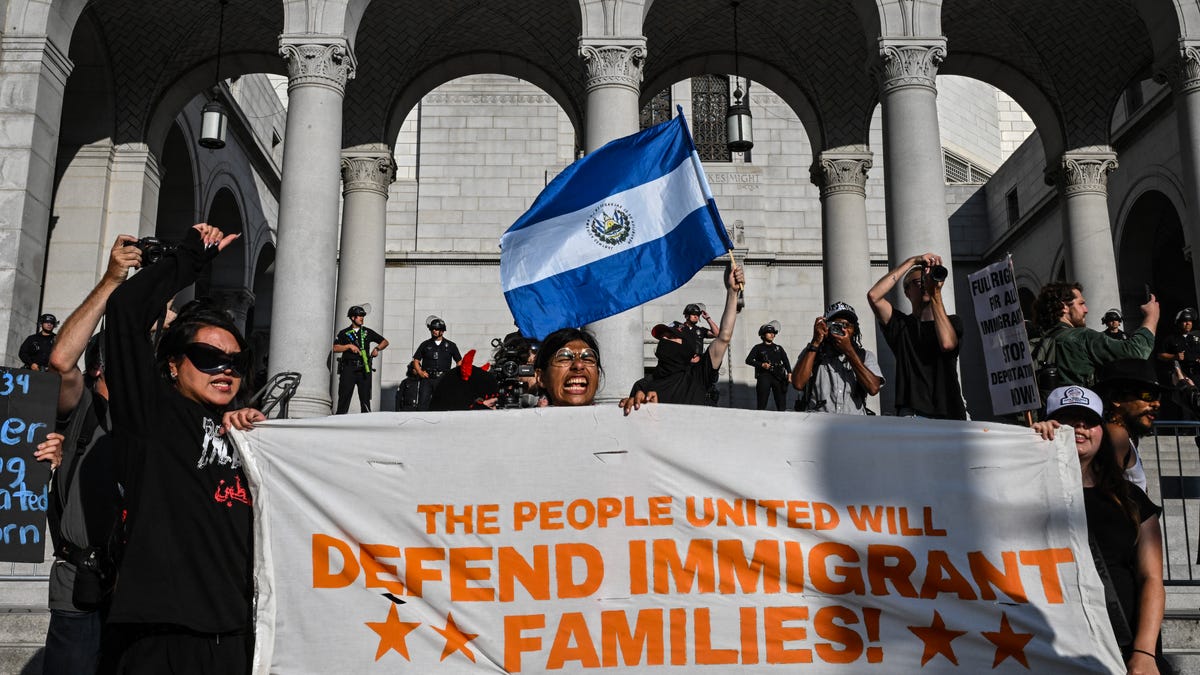
The wealth gap: $400 billion versus the median American net worth
The world’s richest person had a net worth of $400 billion. This is the visual comparison of the U.S. wealth gap.
One of the unique aspects of my job as a family and consumer sciences educator is the coaching I’m able to conduct with individuals about personal finance and consumer behavior. My conversations rarely begin with the components of a good budget. Instead, we focus on the relationship with money, including attitudes and habits.
I’m always looking for more resources about why people do what they do with money that will help me in my coaching conversations. And, admittedly, in my own quest to be wise with my finances. I recently read The Psychology of Money (subtitle — Timeless lessons on wealth, greed and happiness) by Morgan Housel. Housel was a columnist for The Wall Street Journal. I found myself nodding my head in agreement with so many of the themes of the short, yet thought-provoking chapters. Here are some of my key takeaways from the book.
Wealth is what you don’t see
One of my favorite lines in the book is “When most people say they want to be a millionaire, what they might actually mean is ‘I’d like to spend a million dollars.’ And that is literally the opposite of being a millionaire.”
Wealth is financial assets that haven’t been converted into stuff we can see. It is the cars, jewelry, clothes, you name the item, not purchased. There is a difference between being rich and being wealthy. Rich has to do with current income. Wealth is income not spent.
I have long appreciated the research by Barbara O’Neil at Rutgers University about the connections between health and wealth. Americans often overestimate the number of calories burned in a workout and underestimate the number of calories consumed in a meal.
Several years ago, a colleague pestered my husband about his Mountain Dew habit. One day, David realized it takes about 20 minutes of running to burn off the calories in just one can of pop. It just wasn’t worth it anymore, so he completely quit drinking soda.
The same pattern is true with wealth. Many people overestimate their income and underestimate how much they are spending. We are quickly losing the last generation that had the general mindset of saving money. Because we often do not witness the restraint and self-control of not spending money, we are raising generations that associate having money with spending that money.
Controlling your time is the highest dividend money pays
In 2019, a poll of more than 150,000 people across 140 countries revealed that Americans felt more worry and more stress than people in other places. We are the richest nation in the world. In the history of the world. But nothing indicates we are happier as a result.
Research suggests having control over our time — to do what we want, when we want, with the people we want — is the lifestyle variable that makes people the happiest. Ironically, in this era of constant communication and connection, we tend to feel less in control of our time than ever before. And thus, less happy.
Gerontologist Karl Pillemer interviewed 1,000 elderly Americans for life lessons and advice. They did not suggest working as hard as possible to buy the things you want or to try to be as wealthy as the people around you, or to choose work based on future earning power. Not even close. They valued spending quality, unstructured time with friends and family and being part of something bigger than themselves.
How are you doing in your relationship with money these days?
Today, I’ll leave you with this quote from Warren Buffett: “Someone is sitting in the shade today because someone planted a tree a long time ago.”
Emily Marrison is an OSU Extension Family & Consumer Sciences Educator and may be reached at 740-622-2265 or marrison.12@osu.edu.









